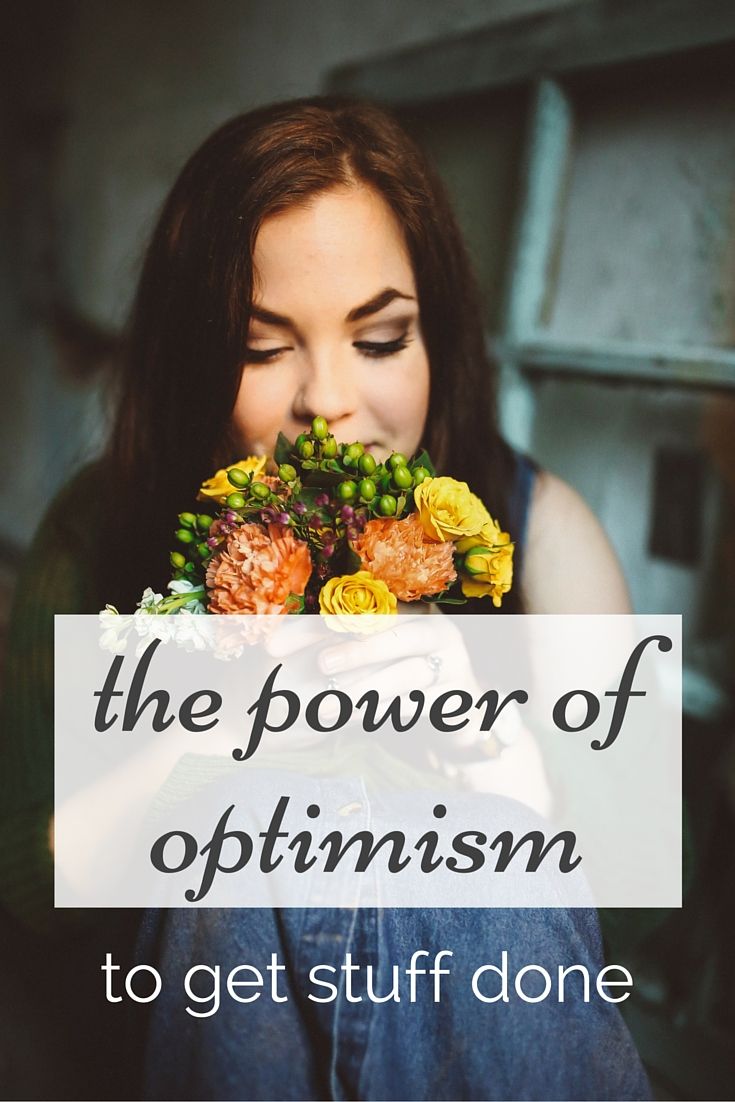Prince Bhojwani never considered himself a pessimist until a series of hospital visits in one month made him rethink his outlook. Before May 2018, he was a healthy, albeit perpetually worried, start-up founder who regularly embarked on 20-mile (32-kilometer) bike rides. His sudden inability to walk, blurred vision, and high blood pressure puzzled emergency room doctors, who suspected a stroke but couldn’t identify the cause. A close friend, known for their optimism, suggested that Bhojwani’s lack of faith in positive outcomes might have led to his burnout.
“I started looking at the world very differently, literally the next day,” said Bhojwani, who lives in New York City. He began meditating and practicing daily gratitude. He also co-founded Asana Voices, a South Asian advocacy nonprofit. Since then, despite working longer hours, he hasn’t experienced similar health issues. He attributes his improved well-being to his newfound positive outlook. “After there was a life-changing event, it kind of forced me to become optimistic,” he said. “I can’t even imagine living life the way I did back then.”
While optimism alone isn’t a cure-all, numerous studies have linked a positive outlook with better health outcomes.
A Longer, Healthier Life?
The 10-question Life Orientation Test-Revised, published in 1994, is a standard measure of optimism. It assesses how strongly individuals agree with statements like, “In uncertain times, I usually expect the best.” Optimism is generally defined as the expectation that good things will happen or believing that the future will be favorable because we can influence important outcomes, explained Hayami Koga, a postdoctoral research fellow at the Harvard Center for Population and Development Studies.
Koga led a 2022 study that linked optimism to longer life spans and a higher likelihood of living past 90. In a subsequent study published in JAMA Psychiatry, she and her colleagues found that optimists tend to maintain better physical functioning as they age. They studied 5,930 postmenopausal women over six years. “We know that more optimistic people are more likely to live healthier lives, with better habits, including healthier eating and more exercise,” Koga said.
Can I Learn to Be an Optimist?
While some people are naturally more optimistic, it is a trait that can be learned, said Sue Varma, clinical assistant professor of psychiatry at New York University and author of “Practical Optimism: The Art, Science, and Practice of Exceptional Well-Being.” Training in optimism can enhance life satisfaction and reduce anxiety. “Even if you were not born with a natural tendency to anticipate favorable outcomes, there are skills you can learn,” Varma said.
She suggests starting by examining how you deal with uncertainty. Do you worry? Assume the worst? Try to reframe your thoughts objectively. “Is there a silver lining? Is this a problem to be solved or a truth to be accepted?” Varma asked, noting her book builds on the work of Martin Seligman, a pioneer of positive psychology. Envision the best possible outcome and a step-by-step path to achieve it. Varma encourages clients to describe this path in detail until the problem is resolved and to savor their success. “Then you approach your day and life as if things have worked out,” she said. “You tend to be more proactive, positive, resilient, and buoyant in the face of obstacles.”
Finding a sense of purpose is also beneficial. Volunteering is ideal, but if time is limited, Varma suggests reshaping your role at work to better align with your interests, such as organizing social events if you are a very social person.
Mastering a new skill, whether it’s a sport, musical instrument, language, or hobby like knitting or chess, can help prevent rumination on negative thoughts. Changing your mindset is challenging, but practice makes it easier. “It’s a toolset, it’s a mindset,” Varma said. “I have to practice it every day in my mind.”



